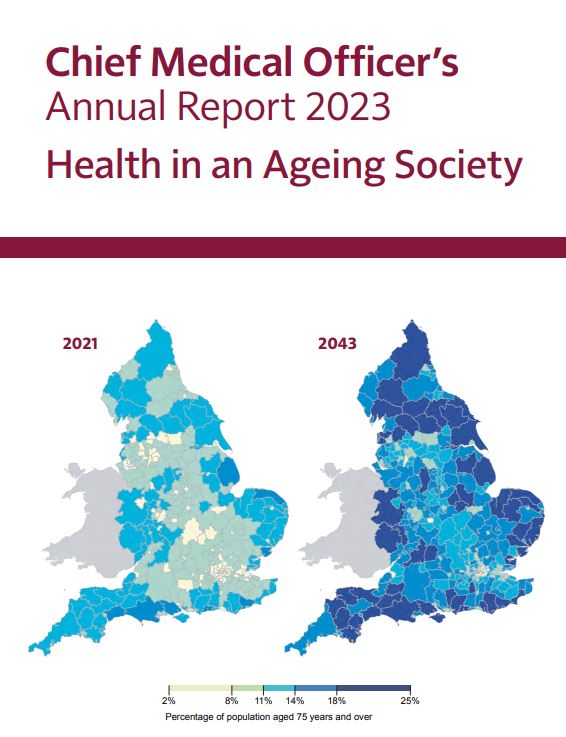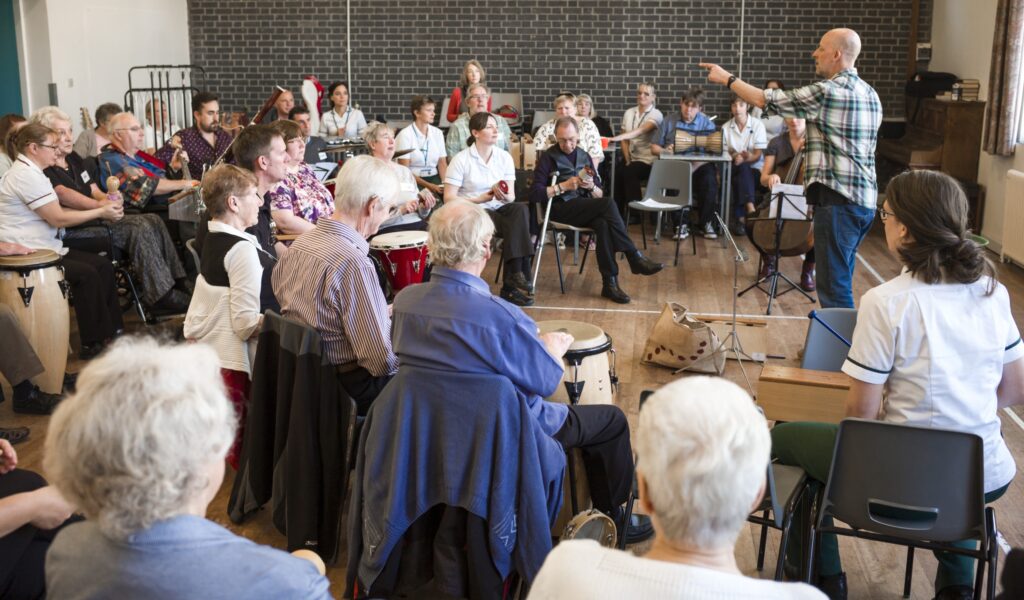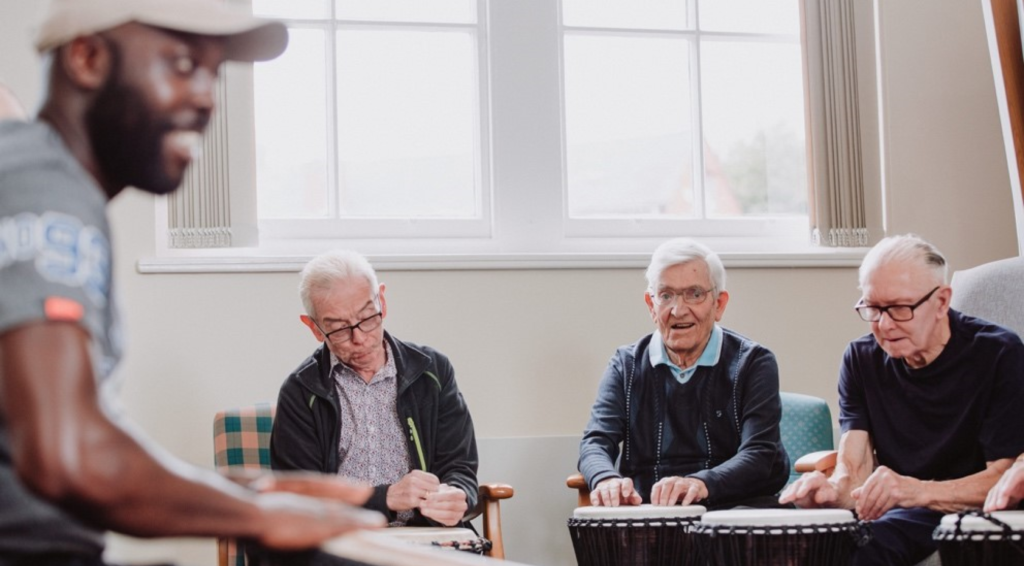Improving the quality of life for care home residents with chronic diseases
When nearing the end of their life, care home residents with chronic diseases can often find themselves in and out of hospital. This affects their quality of life and is distressing for both them and their families. Prof. Irene Higginson and Drs Anna Bone and Clare Ellis-Smith, from the Cicely Saunders Institute, initiated the Integrated Community Palliative Partnership (ICPP) project to investigate how to improve care for people in care homes with long-term illnesses.











